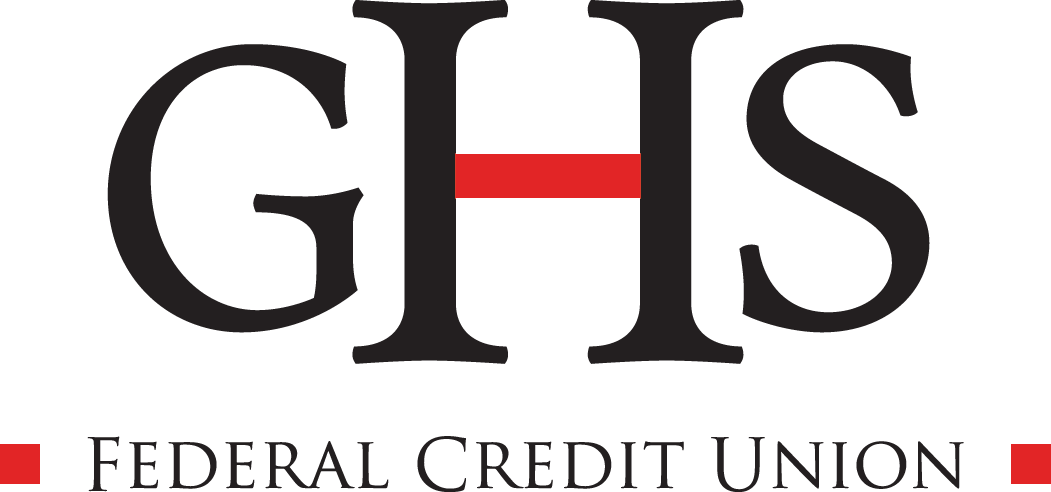Share Certificate Advantages and Disadvantages
Share certificates are popular investments that many use to grow their savings. But before you open a share certificate, it’s important to consider both the advantages and disadvantages to make sure it’s the best investment choice for your needs.
HOW DO SHARE CERTIFICATES WORK?
A share certificate is a type of investment that is offered by credit unions, while banks offer a similar investment called a certificate of deposit (CD). When you open a share certificate, you agree to leave your money in the account for a specific term in exchange for earning interest.
When the term ends, you can then withdraw the principal and interest or invest it in another share certificate.
When you open this type of account, you can select either a short or long-term, for as little as three months or several years. Share certificates also have fixed interest rates. Unlike a money market account, which has a variable interest rate that can fluctuate daily, a share certificate’s interest rate will not change.
SHARE CERTIFICATE ADVANTAGES
Share certificates have several important advantages over other savings options to consider. They tend to be good investments when you know you won’t need to withdraw your money until the maturity date.
Flexible Terms
Most lenders offer share certificates with various terms that you can choose from. Share certificates with longer terms usually offer higher interest rates than those with shorter terms.
Your Investment is Safe
When you invest in a share certificate with a credit union, you can rest assured that your money will be safe because it will be insured for up to $250,000 by the National Credit Union Administration (NCUA). Similarly, CDs from banks are guaranteed by the federal government for up to $250,000 by the Federal Deposit Insurance Corporation (FDIC).
Guaranteed Returns
Because share certificates have fixed interest rates, you can determine how much you’ll earn before you open an account. Your return is guaranteed.
Higher Interest Rates
Share certificates usually have higher interest rates than other savings options—like savings and money market accounts. You’re paid a higher rate because you agree to leave your money invested until the maturity date. With a savings or money market account, you can make withdrawals.
No Monthly Fees
Some banks and credit unions charge monthly maintenance fees for their savings and money market accounts. These fees reduce your earnings and limit the growth of your account. Share certificates, however, typically do not have any fees and you can keep all of the interest earned.
Laddering
Share certificate laddering is a strategy that some people use to keep their money invested while having access to it if they need it. Laddering involves the use of short-term share certificates.
For example, the investor opens a three-month share certificate account one month and then does the same thing the next month and the month after that. This allows that person to have a share certificate maturing each month.
SHARE CERTIFICATE DISADVANTAGES
Before you open a share certificate account, it’s important to consider the potential disadvantages. There may be some situations where another investment is a better choice.
Your Money is Tied Up
Share certificates pay more in interest than savings and money market accounts because you agree to leave the money you deposit in the account until the maturity date. This could be a problem if you need to withdraw the money for some reason.
Earnings May Not Keep Up with Inflation
Inflation is currently at a 40-year high, and it isn’t possible to predict when things will settle. If you invest in a long-term share certificate, it may not earn enough to keep up with rising costs.
Other Investments May Earn More
Although share certificates earn a predictable and steady income, they may not earn as much as other investments, like stocks and bonds. The higher earnings potential with these investments comes with increased risk, however.
Early Withdrawal Penalties
If you invest in a share certificate and you want to withdraw some or all of your money early, it’s possible to do so. You’ll be charged an early withdrawal penalty, however, which may be a significant amount of the interest you have earned.
Interest Rate Risk
If you invest in a long-term share certificate, you may miss out on potential earnings if the interest rate rises in the future. You can’t withdraw your money and reinvest it in a new share certificate without incurring an early withdrawal penalty.
WHY CONSIDER A SHARE CERTIFICATE WITH A CREDIT UNION?
There are many benefits of opening a share certificate account with a credit union, but in addition, a credit union may also be ideal for all of your banking needs.
Better Rates
Credit unions usually offer higher interest rates than banks on their share certificates. This is because they’re non-profit organizations. They don’t have to earn a profit for investors, which allows them to pass the savings on to their members with the best rates and the lowest fees.
Personalized Customer Service
With a credit union, you aren’t just another customer. You’re one of its owners. This is why credit unions have a reputation for superior customer service. Their primary focus is making sure their members’ needs are taken care of.
Community Focus
Credit unions often work closely with their communities to serve their needs. Whether you live in Broome, Chenango, or Tioga, GHS Federal Credit Union is locally operated. Instead of having a headquarters that is located far away, decisions are made locally.
Variety of Services Offered
Credit unions offer many of the same services that banks offer. In addition to share certificates, they also offer:
ATMs
Credit cards
Various loans
Online banking
Other services
TAKING ADVANTAGE OF A SHARE CERTIFICATE ACCOUNT
If you’re looking for a safe, low-risk way to earn interest on your money, share certificates may just be your ticket. And with locations in both Binghamton and Norwich, it’s never been easier to get started. Click below to learn more!
